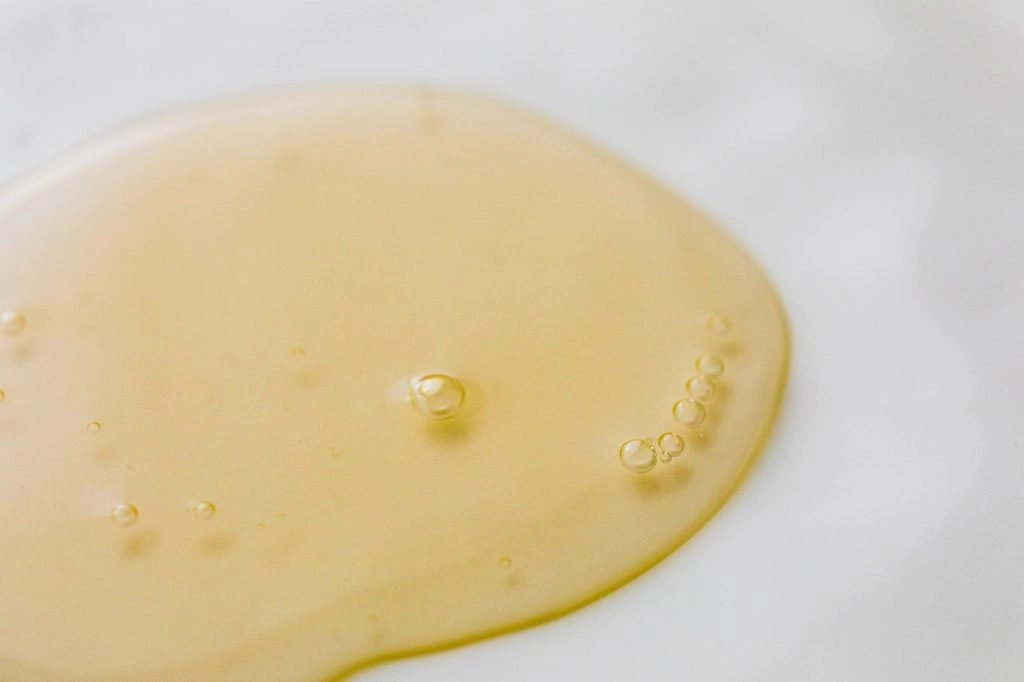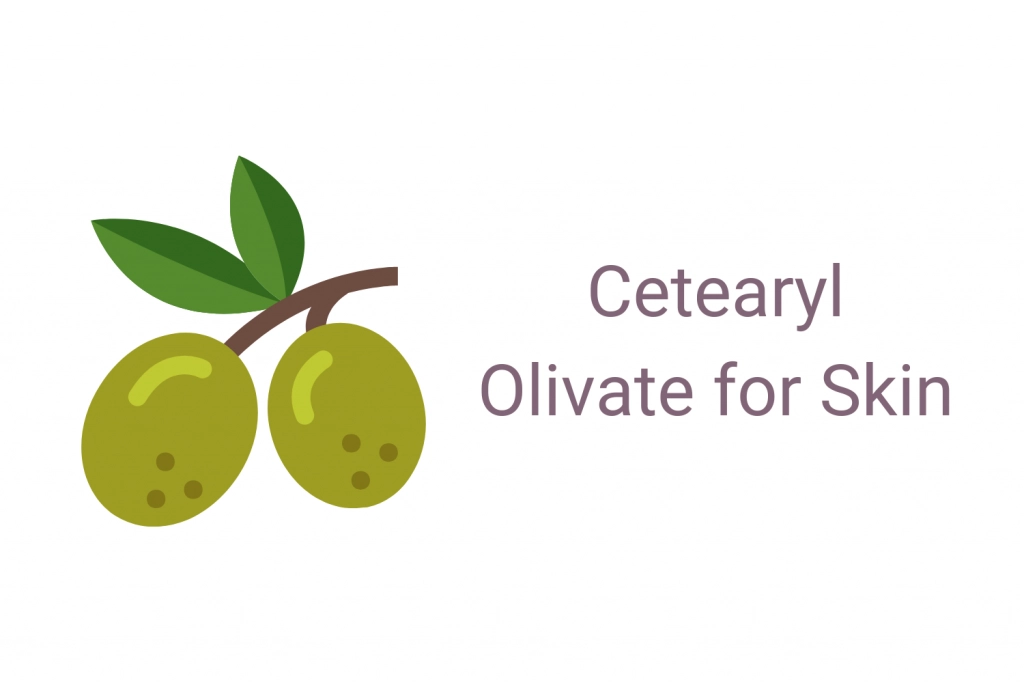The beauty and cosmetics industry has changed significantly during the past few years. One of the biggest developments has been the growth of new products that help people tailor their skincare regimens to meet their needs.
This post may contain affiliate links. Read the full disclosure here
Two of the most popular ingredients include rosehip oil and argan oil. In many ways, these ingredients are buzzworthy. It’s common to see them as hero ingredients in advertisements and commercials for everything from hair shampoos to anti-aging moisturizers and more. At the same time, it is important for everyone to know the facts about these ingredients so that they can make educated decisions regarding what is best for them. When it comes to rosehip oil vs argan oil, there are a few points that everyone should keep in mind.
What Is Argan Oil?
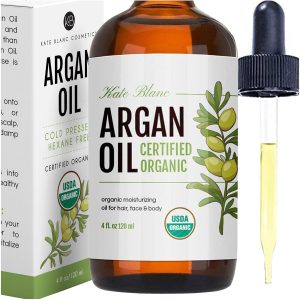
Let’s take a closer look at Argan Oil. Argan oil has both cosmetic and nutritional uses. There is an excellent fatty acid composition that is made from kernels that are taken from Agania Spinosa, which is also called the Argan tree. This tree is found mainly in Morocco. Because this tree is harder to find, it is usually more valuable.
Argan Oil contains a wide range of minerals, vitamins, and antioxidants. For this reason, the oil has value both as a cosmetic product as well as a food item. This has contributed to its quick rise in popularity.
What Is Rosehip Oil?
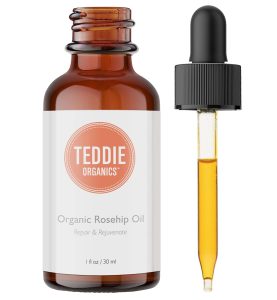
First, let’s take a closer look at rosehip oil. Rosehip oil is an oil that comes from the seeds of wild rose bushes that are commonly found in the Andes Mountains. These rose bushes include Rosa Moschata and Rosa Rubiginosa. Rosehip oil can also be sound from Rosa Canina bushes that are found in South Africa. These plants are also found in Europe.

In order to make rosehip oil, the seeds from the plants are taken and isolated. Then, trained professionals extract the oil from the plant’s seeds. Importantly, some rosehip oil products are made with the fruit. By including the fruit in the production process, this results in a lower quality oil that has a slightly different antioxidant profile. Therefore, in order to get the highest quality rosehip oil possible, it is important to check the label and make sure that the ingredients come from only the seeds and not the fruit.
How Do the Argan Oil and Rosehip Oil Benefits Compare?
Both of these oils are very popular due to their versatility. Generally, these oils are popular because of the health and skin benefits they provide. When it comes to these oils, there are a number of common benefits. Both oils have been proven to be effective on the skin in multiple ways. These include:
- Hydration – Both ingredients are effective at moisturizing dry skin. The oils are incredibly smooth, allowing them to be absorbed by the skin quickly.
- Replenish – Both oils help to relieve tight skin. Those who are feeling discomfort due to sensitive, dehydrated, or dry skin will find both of these oils beneficial.
- Calm and Soothe – Those who have skin inflammation will find that these oils soothe the skin quickly.
- Can Help with Irritation – Finally, these oils are also commonly used by people who suffer from atopic dermatitis, which can cause rashes to break out in certain situations.
These are just a few of the common benefits that rosehip oil and argan oil share. Now, it is time to take a look at some of the differences.
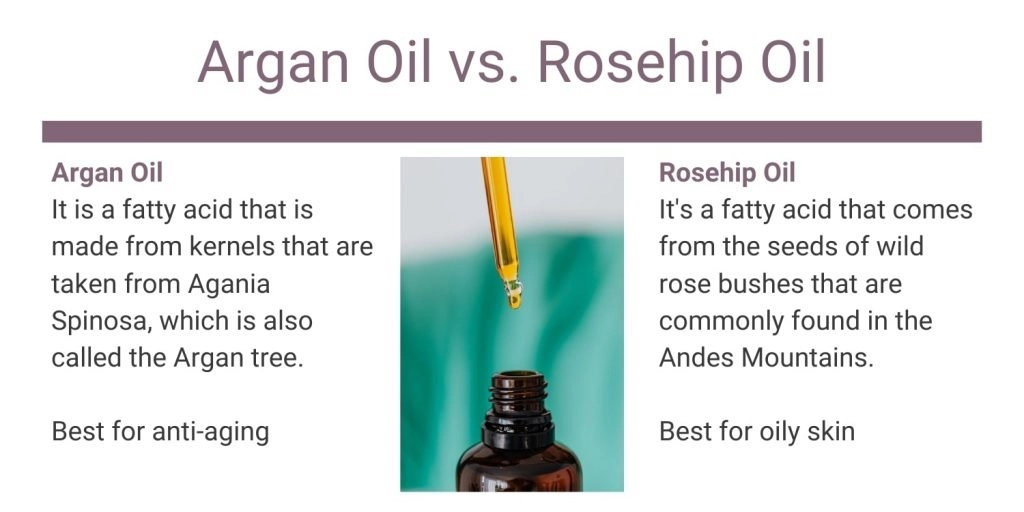
Taking a Closer Look at the Differences Between Argan Oil and Rosehip Oil
Overall, 80% of the ingredients between argan oil and rosehip oil are the same. Both oils are composed of unsaturated fatty acids, which are important for the body. Two of the most common fatty acids that these oils share include oleic acid and linoleic acid. In addition, both oils are rich in vitamin E.
However, the composition of the fatty acids in each facial oil are different. For instance, argan oil offers more of a balance with roughly 43% oleic acid and 37% linoleic acid. Rosehip isn’t as balanced with around 14% oleic acid and 45% linoleic acid. The actual values vary but it gives a rough idea of their fatty acid profile.
Learn more about the differences of oleic acid and linoleic acids in our guide here.
So what about the other 20% of ingredients that are different? The main differences include: Argan Oil also contains tocopherol, phytosterols, polyphenols, squalene, and lupeol. Phytosterols are effective against acne, lupeol helps to encourage keratin production in the skin, and squalene is a lipid that facilitates the absorption of oils. Furthermore, argan oil is also effective at combating free radicals, making it a powerful antioxidant.
In contrast, rosehip oil contains a slightly different ingredient profile. Rosehip oil is high in vitamin C, vitamin A, vitamin B1, vitamin B2, flavonoids, beta-carotene, and tannins. This profile is great for evening tone and texture, brightening skin, and soothing unhappy skin.
With these points in mind, it is helpful to take a look at these products in certain situations to see which is better. Some of the most common applications of these oils include:
Anti-Aging Capabilities
The good news is that both argan oil and rosehip oil have been found to be effective when it comes to anti-aging. Argan oil is beneficial for anti-aging properties due to its high concentration of oleic acid. Rosehip oil is higher in linoleic acid, which also has anti-aging properties.
Oleic acid has a stronger ability to penetrate the top layers of the skin, leading to a more effective anti-aging property. This means that argan oil is generally quicker when it comes to anti-aging properties than rosehip oil.
Argan oil has also been shown in studies to improve the elasticity of the skin. While argan oil works more quickly because it is absorbed more easily, rosehip oil has more antioxidant properties. Rosehip oil is a significant source of phytonutrients, with studies showing that this contributes to anti-aging.
Both oils offer great anti-aging benefits but argan oil is the preferred choice if you have to choose one.
Oily Skin
When it comes to oily skin, does argan oil and rosehip oil can both be useful. However, those with excessively oily skin are generally going to find that rosehip oil works better.
Rosehip oil is higher in linoleic acid. Linoleic acid is required to balance the excess amount of oleic acid that is produced by those with oily skin. The reason why people suffer from oily skin is a high content of something called sebum. Sebum contains an excess amount of oleic acid. Therefore, is better to opt for rosehip oil, which has a lower non-comedogenic rating. In addition, both oils are going to be effective for individuals who suffer from acne.
Rosehip oil is a better option for those with oily skin. Argan oil can work but it may feel heavy for oily skin types.
Dry Skin
Again, both products are going to be beneficial for individuals who have dry skin. Argan oil generally has a less greasy feel when compared to rosehip oil. Therefore, those who do not enjoy an oily feel on the skin following a skin moisturizer might want to prefer argan oil.
Of course, this is subjective and some people might prefer rosehip oil instead. In general, both types of oils are exceptional when it comes to moisturizing the skin. Therefore, it is a good idea for people to test both products and see which one works better for them. After all, everyone has different skin and some people might prefer one over the other.
Since argan oil has a higher oleic acid content, it’s the better option for dry or dehydrated skin.
Stretch Marks
Another area where people might want to use argan oil or rosehip oil has to do with stretch marks. Stretch marks are actually small tears that take place in the skin. They look like stripes that are distributed unevenly along the surface. When the skin is stretched beyond its natural capacity, stretch marks will appear.
Argan oil has been shown to be particularly effective when it comes to improving the elasticity of the skin. As a result, people who use argan oil might find this product beneficial for stretch marks thanks to its rapid absorption. In addition, rosehip oil is also high in vitamin A. Vitamin A has also been shown to have a positive effect on stretch marks. Therefore, both products have the potential to be effective. The earlier these products are applied, the more effective they are going to be. Once stretch marks start to turn silver, it is harder to repair them.
These are a few of the most common applications of argan oil and rosehip oil. It is important for everyone to take a look at the differences between these two oils and their needs so that they can make the right decision for their cosmetic skincare routine. Even though both can be beneficial, they are used in different ways.
Can Argan Oil and Rosehip Oil Be Used Together?
Many people are wondering if they can use those products together. The short answer is, yes! There are lots of people who combine argan oil and rosehip oil and use it as a topical moisturizer. Combining them will ensure the people get the benefits of both products while also providing a solid ratio of linoleic acid to oleic acid, ensuring that the skin maintains a solid supply of both. This could even optimize the anti-aging and anti-acne skincare benefits of both products!
Furthermore, by combining both products, individuals will enjoy vitamin E from both oils as well as a high supply of vitamin A from rosehip oil. As a result, individuals will provide their skin with everything it needs to remain healthy. On the other hand, the prospect of buying both oils might get expensive. Therefore, it might be a good idea to speak with a trained skincare or cosmetic professional to see if one is better than the other.
If you’re looking to try out a few new oils at once, consider the following trio of skincare oils from Cliganic.
Cliganic Face Oil Trio: Argan Oil, Rosehip Oil, and Jojoba Oil.
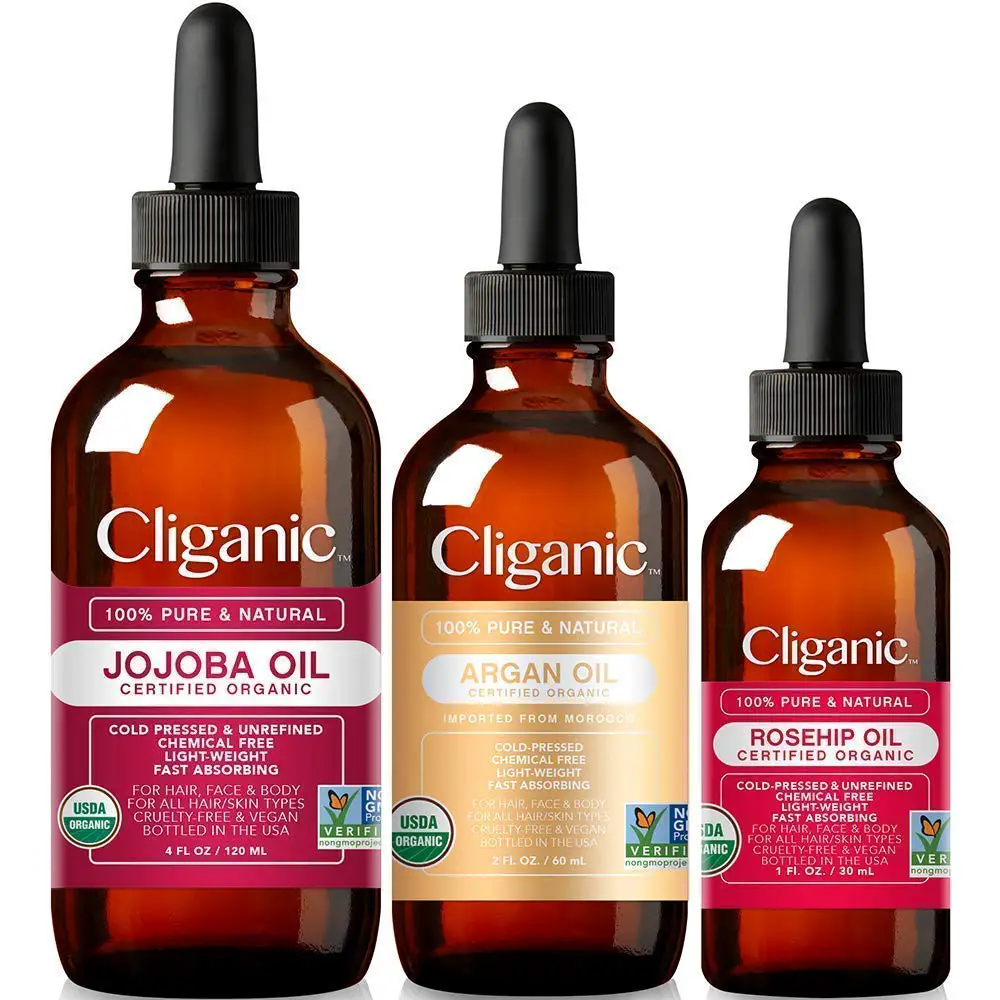
You can purchase all three oils together at a reasonable price. Having more than one oil can be useful for layering if desired or using certain oils based on current skin needs. For instance, when skin is drier go with jojoba or argan oil. But on warmer, humid days rosehip oil might be the best fit!
- Certified Organic
- Cold pressed and unrefined
- 100% pure oils (no fillers or additives)
- Vegan & cruelty-free
Argan Oil vs. Rosehip Oil: Which of the Two Oils Is Better?
Of course, many people are wondering which of these two oils is better. Is rosehip oil better? Or, is argan oil better?
In the end, there is no single answer. It is impossible to decide which of these two oils is better because they have different applications. Whether or not argan oil or rosehip oil is better is depending on how people are using these products. As a quick recap, those who are looking for rapid anti-aging skincare benefits should go with argan oil. Those who are looking for help treating oily skin want to go with rosehip oil instead.
Anyone who is looking to combat acne will want to reach for argan oil first. Finally, when it comes to stretch marks, both rosehip oil and argan oil have been shown to be incredibly effective.
This quick summary provides everyone with a brief overview of the benefits of both oils. While these oils are very similar, there are a few notable differences as well. At the same time, individuals should not look at these as rules by which they should follow strictly. Everyone has different skin and their skin is going to respond differently to various products. With this in mind, it might be a good idea to invest in both argan oil and rosehip oil and try them out. Furthermore, it could also be helpful to work with a trained professional who has in-depth knowledge of these beauty care products.
Other Ingredient Comparison Articles You May Find Interesting:

